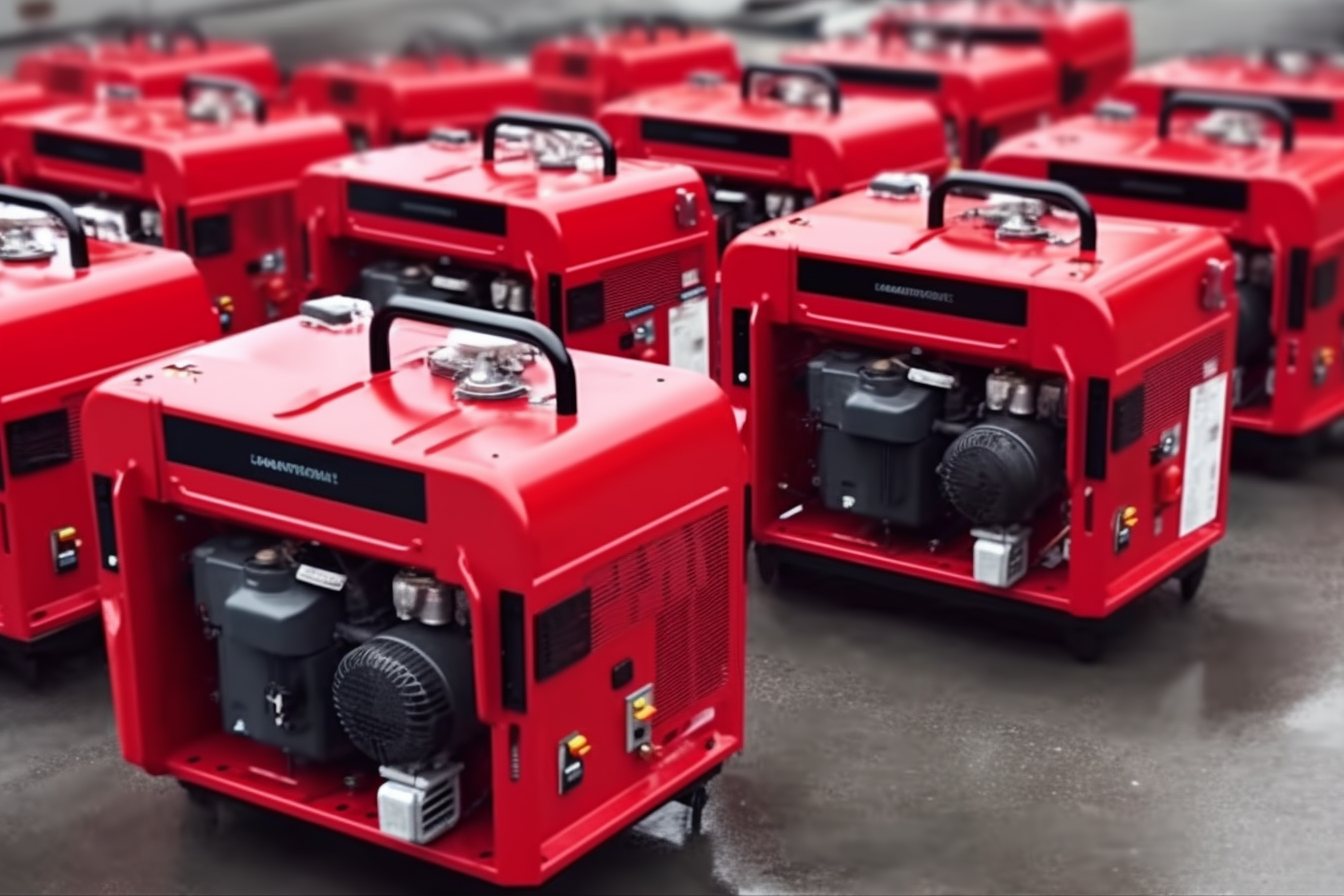Power Generators: Your Ultimate Guide to Reliable Backup Energy Solutions
Power generators have become increasingly essential in today's world of unpredictable energy landscapes. Whether you're preparing for emergency situations, seeking off-grid power solutions, or looking to ensure continuous electricity for your home or business, understanding the right type of electric generators can make a significant difference in your energy resilience.

What Are Electric Generators and How Do They Work?
Electric generators are powerful machines that convert mechanical energy into electrical energy, providing a critical backup power source when traditional electricity fails. These devices come in various sizes and types, ranging from portable units perfect for camping trips to large standby systems designed to power entire homes during extended outages. The basic principle remains the same: generators use an engine to spin an alternator, which produces electrical current through electromagnetic induction.
Solar Panels Generator: A Sustainable Power Solution
Solar power generators represent the cutting edge of renewable energy technology. Unlike traditional fossil fuel-based generators, solar generators harness energy directly from sunlight, converting it into electricity through photovoltaic panels. These eco-friendly systems offer multiple advantages, including zero emissions, minimal maintenance, and the ability to operate silently. They’re particularly useful for outdoor activities, emergency preparedness, and remote locations where traditional power sources are unavailable.
Types of Solar Power Generators for Different Needs
Modern solar power generators come in various configurations to suit different requirements. Portable solar generators are ideal for camping, outdoor events, or emergency kits, typically ranging from 150 to 1800 watts. Larger home backup systems can provide substantial power for critical appliances during prolonged outages, with some advanced models capable of supporting entire household electrical needs.
Choosing the Right Generator: Key Considerations
When selecting a generator, several crucial factors come into play. Power output, fuel type, portability, noise levels, and intended use are all critical considerations. Portable generators offer flexibility, while standby generators provide more comprehensive coverage. Solar generators excel in environmental friendliness and quiet operation, making them an excellent choice for those prioritizing sustainability and minimal disruption.
Generator Comparison and Pricing Overview
| Generator Type | Average Power Output | Estimated Cost Range | Best For |
|---|---|---|---|
| Portable Gas Generator | 3000-4000 watts | $400 - $1,000 | Camping, Emergency Backup |
| Home Standby Generator | 10,000-20,000 watts | $5,000 - $15,000 | Whole Home Protection |
| Portable Solar Generator | 500-2000 watts | $300 - $3,000 | Off-Grid, Light Backup |
Prices, rates, or cost estimates mentioned in this article are based on the latest available information but may change over time. Independent research is advised before making financial decisions.
Maintaining Your Generator for Long-Term Reliability
Regular maintenance is crucial for ensuring your generator’s optimal performance and longevity. This includes routine checks, proper storage, periodic testing, and following manufacturer-recommended service schedules. For gas-powered generators, this means checking oil levels, cleaning filters, and ensuring proper fuel storage. Solar generators require less maintenance but still benefit from panel cleaning and battery health monitoring.
Power generators offer a critical solution for maintaining electrical continuity in an increasingly unpredictable world. By understanding your specific needs and exploring the diverse options available, you can find a generator that provides reliable, efficient, and potentially sustainable power whenever you need it most.




